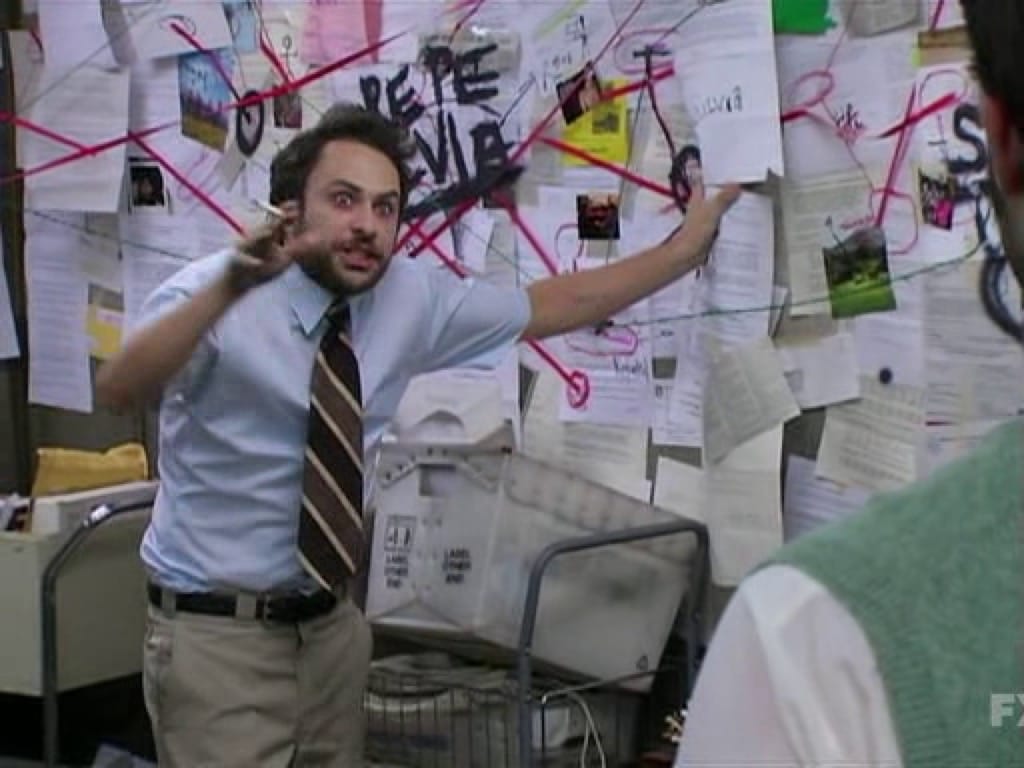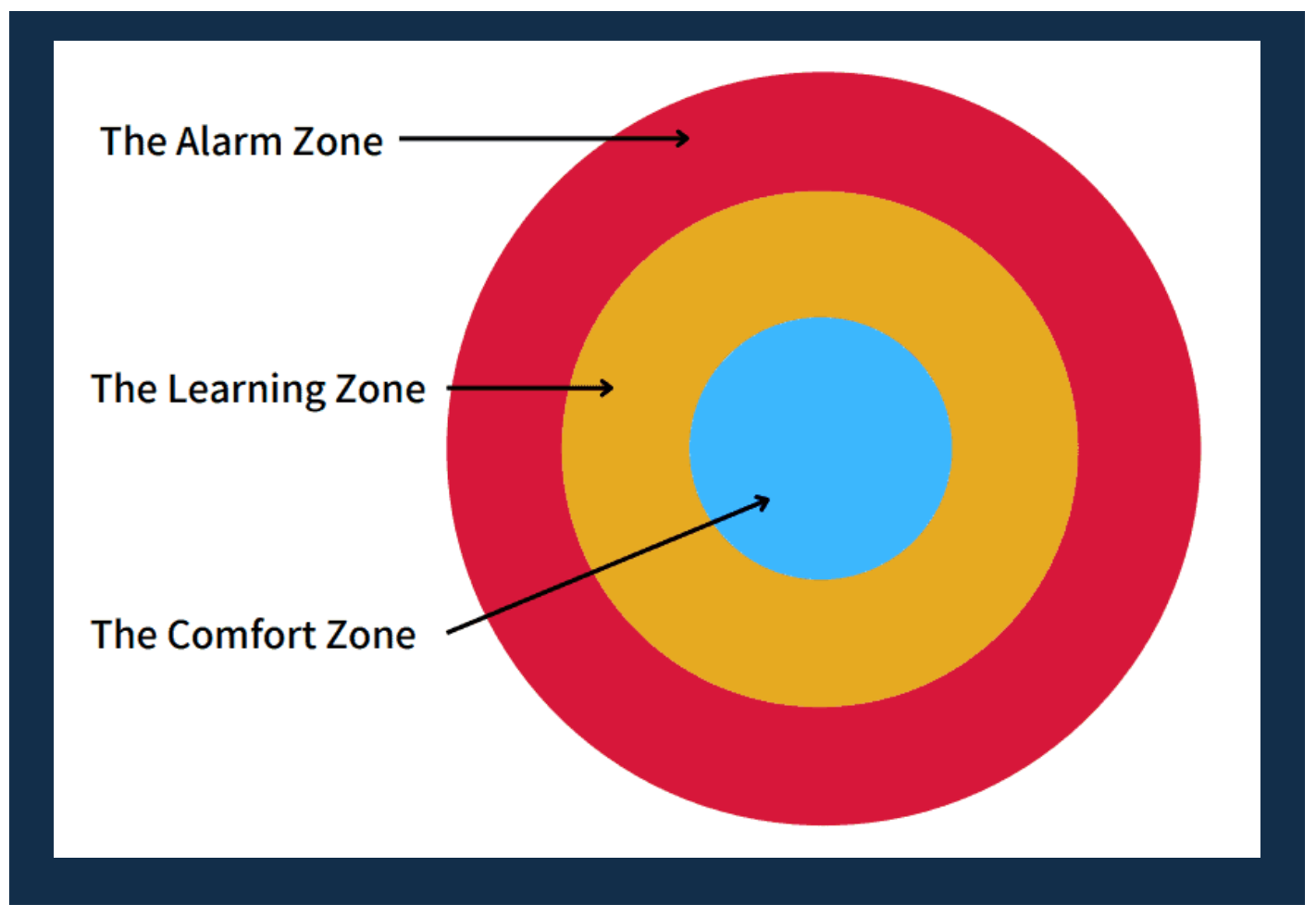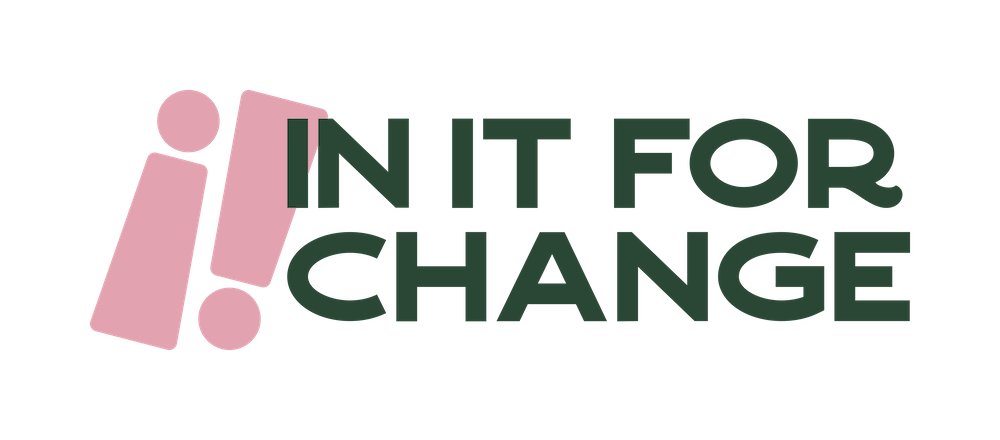No trust? No learning.

I stumbled my way into the rabbit hole topic of organisational trust in 2023, reading Lily Zheng's DEI Deconstructed[1]. By all accounts, organisational trust occupies very little physical space in their book, and it's there mostly to discuss the impact of existing trust levels in selecting an appropriate strategy for DEI interventions.
But I was hooked. I couldn't stop thinking about organisational trust and all the things it impacts within an organisation. I started mapping things I've heard about, I've experienced myself. I started reading research, anecdotes, recounts, discussion forums. Started paying more attention to my surroundings: how did trust (or the lack thereof) manifest all around me in the organisations I was working with?

(Pictured above: me, talking to people about organisational trust.)
What is trust?
Trust is reliably being able to predict how your surroundings will respond to something you do.
'Wait, that's it?' I hear you gasp.
'Yep, that's it,' I respond with a sagely nod.[2]
Don't mistake simple for easy, though. It's simple, yes, as a core definition. It's also one of the absolute hardest things to create in an organisation. People are, well, people. They have preferences, experiences, and boy! do they ever have baggage. (Respect the baggage.)
More horrifying yet, you, personally, are also people. All that applies to your team mates, applies to you just the same.
And we haven't even talked about the societal and economic pressures stacking the odds against reliability... We'll get to that, too.
What's it got to do with learning?
What do you learn more from, your successes or your failures? How do you learn from success? How do you learn from failure?
When do you learn best? When you're challenged at every step of the way and everything is new and uncertain? Or when you can iterate and experiment step-wise, pushing just beyond your comfort zone, seeking answers to one or two questions at a time?
These are not leading questions, there's no one correct answer here. (Except for the Learning Zone Theory thing. I'm getting to that, I promise.) It's a mix of all of these, and sometimes you don't have a choice in your exact learning path. At times you have the luxury of incremental experimentation, and sometimes you're thrown in the deep end and it's sink or swim, baby. However, trust is relevant and crucial in every single learning scenario.
I fully typed out an entire hypothetical scenario here but I ended up deleting it, because let's be real. You've got a sizeable to-do list ahead of you today and I want to respect that.
I offer 1-on-1 coaching in the tools of organisational and structural trust, for those of you interested in diving deeper!
I still want to leave you with some basic reflections, though.
There's a good chance you're familiar with the Learning Zone Model.

(Image description: Three concentric circles. The middle one blue, labelled the comfort zone. The one out yellow, labelled the learning zone. The outermost red, labelled the alarm zone.)
In a new role with a learning curve, you generally need to trust that there's room and flexibility for you to grow, that mistakes you make won't get you fired, that there's a safety net to catch you and others in case of fallout, that you asking for help won't be seen as a sign of incompetence.
You have to trust that your organisation wouldn't act without considering your well-being. Others have to trust that you wouldn't act without considering their well-being.
You have to trust that your organisation knows how to act in daily operations on the values lauding innovation and collaboration and curiosity as central pillars of the culture.
If a manager promises their team members to represent their interests towards the rest of the organisation, but is also incentivised by leadership to absolutely minimise the spending of resources in their department, how will that impact trust?
If a company claims to provide services towards a greener future, but fires employees for challenging internal wastefulness and unsustainable practices in the name of improvement, what are is that organisation teaching their employees?
Where does all this leave us?
Building trust in organisations is increasingly difficult. The push back amongst people against companies trying to frame them as "part of the family" is both extremely fair, and growing exponentially. Employees have by now internalised that any company will prioritise its own interests over their needs and well-being, even in the short run.
And companies who truly want to do this differently learn early that it's all much easier said than done. The economic situation we live under affords very little security, both for small organisations and for individuals.
But lack of security impacts trust. Lack of trust impacts collaboration, learning, and innovation. With these elements compromised, all we get is yet more insecurity, and so the cycle begins anew.
The odds are severely stacked against creating trust in organisations. Doubly so in traditionally structured companies, where leaders and investors hold the vast majority of shares.
Realistically, most start-ups fizzle out. Some burn bright for a bit, and then burn out. If the financial insecurity doesn't get to them, the strings attached to that security do.
Building a sustainable organisation goes far beyond individual mindset change. It requires radically different tools.
The good news is that there's multiple long roads between that and despair. So let's take it all together, one step at a time.
Cheers,
Emil
No Amazon link from me. Support your local book shops! ↩︎
You don't know this yet, but I'm also lying a little bit. There's more to it, once we get into its stages and pillars, which parts predict organisational trust the best, who the actors are etc. Today, this definition will serve us well, though. ↩︎

